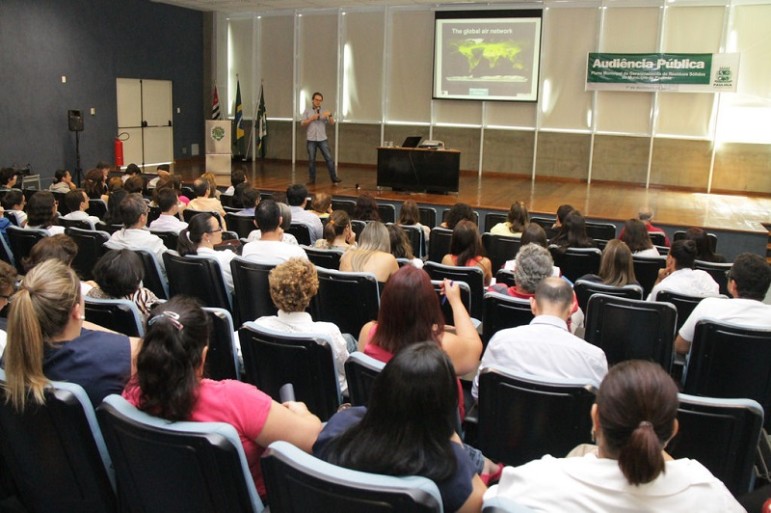
March 9, 2016; Los Angeles Times
Spread through a tiny mosquito bite, the Zika virus is raising fears throughout Latin America. Along with insect bites, infection can be transmitted by sexual contact with male partners, during pregnancy from mother to child, during breastfeeding, and while in labor. Transmission through blood transfusions is also possible, but as of February 2016, there have been no reported cases. Sexual transmissions can occur before symptoms appear, making even those men and women who are cautious at risk for transmission.
While some governments are urging women to postpone pregnancy for the next two years, many countries lack the available resources, legislation, and moral convictions to help women gain widespread access to contraceptives. NPQ has recently covered the changing norms and influence surrounding contraceptive use. With limited access to comprehensive family planning, including contraceptives and abortions, women will continue to be the face of poverty in Latin America despite a growing middle class.
Chronic and extreme poverty in Latin America is diminishing as the middle class expands and becomes more stable. But the number of people lacking basic access to sanitation, food, and shelter still remains close to 80 million, with many living in the hard-hit Zika outbreak area of Brazil. The poverty rates reflect a disparate impact on women: “In Latin America, on average the poverty rate among women aged 25-49 years is 1.2 times that of men in the same age group.” High poverty rates combined with religious traditions and cultural family norms mean women whose children suffer from the effects of Zika virus will likely pay a higher price.
Sign up for our free newsletters
Subscribe to NPQ's newsletters to have our top stories delivered directly to your inbox.
By signing up, you agree to our privacy policy and terms of use, and to receive messages from NPQ and our partners.
Eighty percent of Latin Americans are Catholic, a fact echoed in many countries’ laws surrounding access to abortion. Seven of 34 countries and territories in Latin America prevent access to abortion on all legal and medical grounds. Cuba, Guyana, Puerto Rico, and Uruguay allow abortions with no restrictions. In Brazil, where rates of Zika have soared, abortion is permitted only if a women’s life is in immediate danger. The United Nations has called for loosening restrictions surrounding abortions, especially with the long-term impacts and the inability for countries to adequately provide healthcare and special education services to children who may suffer severe disabilities. As NPQ has reported, Pope Francis has signaled a willingness to consider situational approaches contrary to Catholic dogma such as artificial contraception to addressing the Zika crisis but steadfastly opposes using abortion as a tactic. As paraphrased in the NPQ article, “Unlike abortion, [Francis] said, ‘avoiding pregnancy is not an absolute evil’ and in certain circumstances it may be ‘the lesser evil.’”
The battle won’t be easy. The speaker of the lower house in Brazil has introduced a bill that would make seeking abortion services after rape significantly harder. The bill comes directly as the Institute of Bioethics, Human Rights & Gender (ANIS), an abortion rights group in Brazil, launched a petition to the Supreme Court asking for a review of the abortion access law.
The battle is not about abortion, but rather about the haves and the have-nots. Women living in impoverished areas face a disproportionate impact from Zika, and the financial burden is greater for women already living in poverty. The inability for women living in poverty to access mosquito-free living areas and safe abortions may mean a whole generation of children already lacking services and parity will continue to suffer.
With the fear and worry growing from the Zika virus, the response to Zika could finally mean unfettered access to comprehensive family planning for women in Latin America.—Stacey Burton Alcocer












